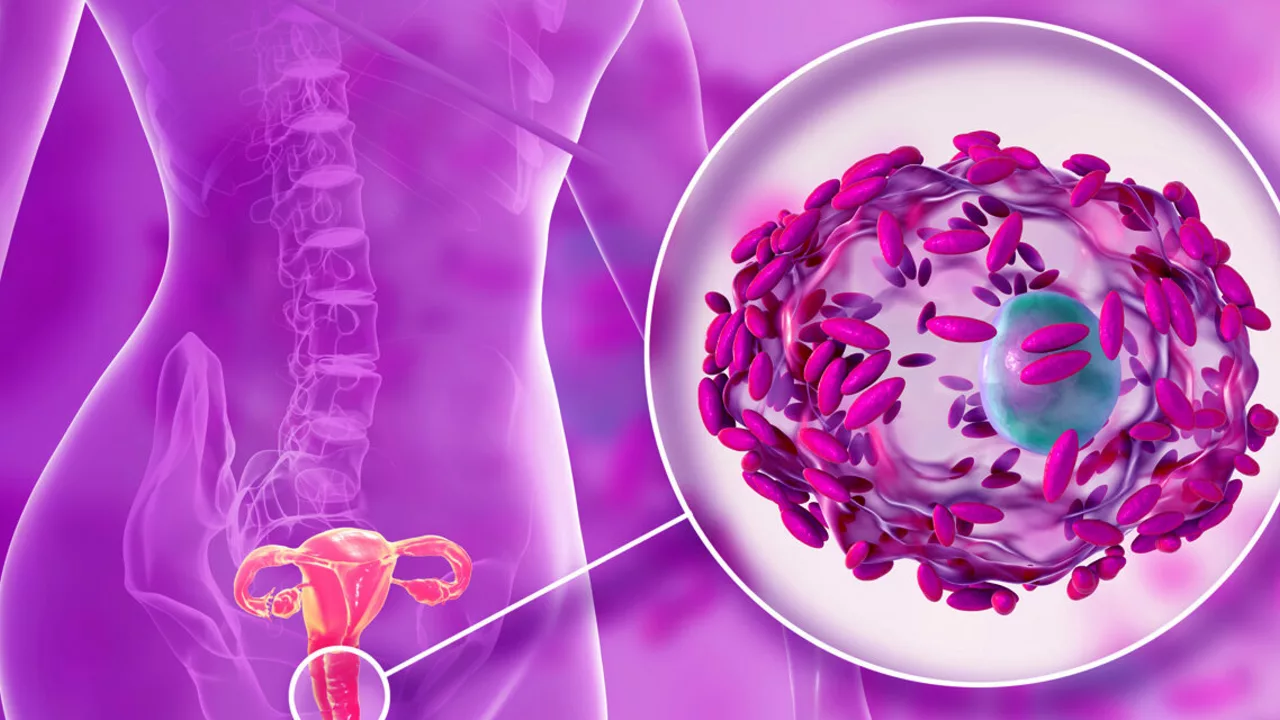Hormonal Changes: What to Watch For and What to Do
Your hormones affect sleep, mood, appetite, energy and even skin — and they can shift fast. A sudden change in weight, mood swings, breakouts, or a shift in your period schedule often means hormones are out of balance. That doesn’t always mean something dramatic, but it’s worth paying attention.
Hormonal changes happen for obvious reasons like puberty, pregnancy and menopause. They also come from stress, poor sleep, sudden weight loss or gain, some medications (steroids, certain antidepressants, birth control), thyroid problems, and chronic conditions like diabetes. Even stopping or starting a prescription can flip your balance.
Common signs to track
Don’t ignore patterns. If you notice one or more of these, start a simple log: date, symptom, and possible trigger (diet, meds, stress).
- Irregular or missed periods, heavier or lighter flow. - Rapid weight gain or unexplained weight loss. - Persistent fatigue or low motivation not fixed by sleep. - Mood swings, anxiety, or low libido. - New acne, hair thinning, or excess facial hair. - Hot flashes or night sweats. - Brain fog, trouble concentrating.
Practical steps you can try now
Start with small, focused actions: get consistent sleep (same bedtime ±30 minutes), eat regular protein with fiber, cut back on refined sugar and alcohol, and add short daily walks. These habits help insulin, cortisol, and sex hormones stay steadier.
Track medications. If you recently started or stopped a drug, check the patient leaflet or ask a pharmacist about hormonal side effects. Never stop prescription meds without talking to your prescriber — sudden changes can make symptoms worse.
Consider simple blood tests if symptoms persist: TSH/free T4 for thyroid, fasting glucose or HbA1c for blood sugar, and basic sex-hormone checks (testosterone, estrogen, progesterone) timed to your cycle if relevant. Your doctor will say which tests match your symptoms.
Over-the-counter supplements can help some people (vitamin D, magnesium), but they can also interact with meds. Ask your pharmacist before mixing anything new with prescription drugs.
See a doctor sooner if you have severe symptoms like chest pain, fainting, suicidal thoughts, sudden vision changes, very heavy bleeding, or if months of symptom tracking show no improvement. For fertility concerns, persistent missed periods, or rapid weight changes, see a specialist.
Hormonal shifts are common and often treatable. Use a short symptom log, tidy up sleep and diet, review any meds with a pharmacist, and get targeted tests if things don’t improve. If you want clear next steps, bring your log to an appointment — it saves time and gets you better answers faster.

The Connection Between Bacterial Vaginosis and Hormonal Changes
In my recent research, I've discovered an intriguing link between bacterial vaginosis and hormonal changes. It appears that hormonal fluctuations, particularly those related to menstrual cycles and menopause, can significantly impact the balance of bacteria in the vagina, leading to bacterial vaginosis. This condition is characterized by a shift in healthy bacterial levels, often resulting in discomfort and unpleasant symptoms. It's essential for women to understand this connection and seek appropriate treatment if they experience these changes. Keep in mind, maintaining hormonal balance can prove vital in preventing bacterial vaginosis.
View More